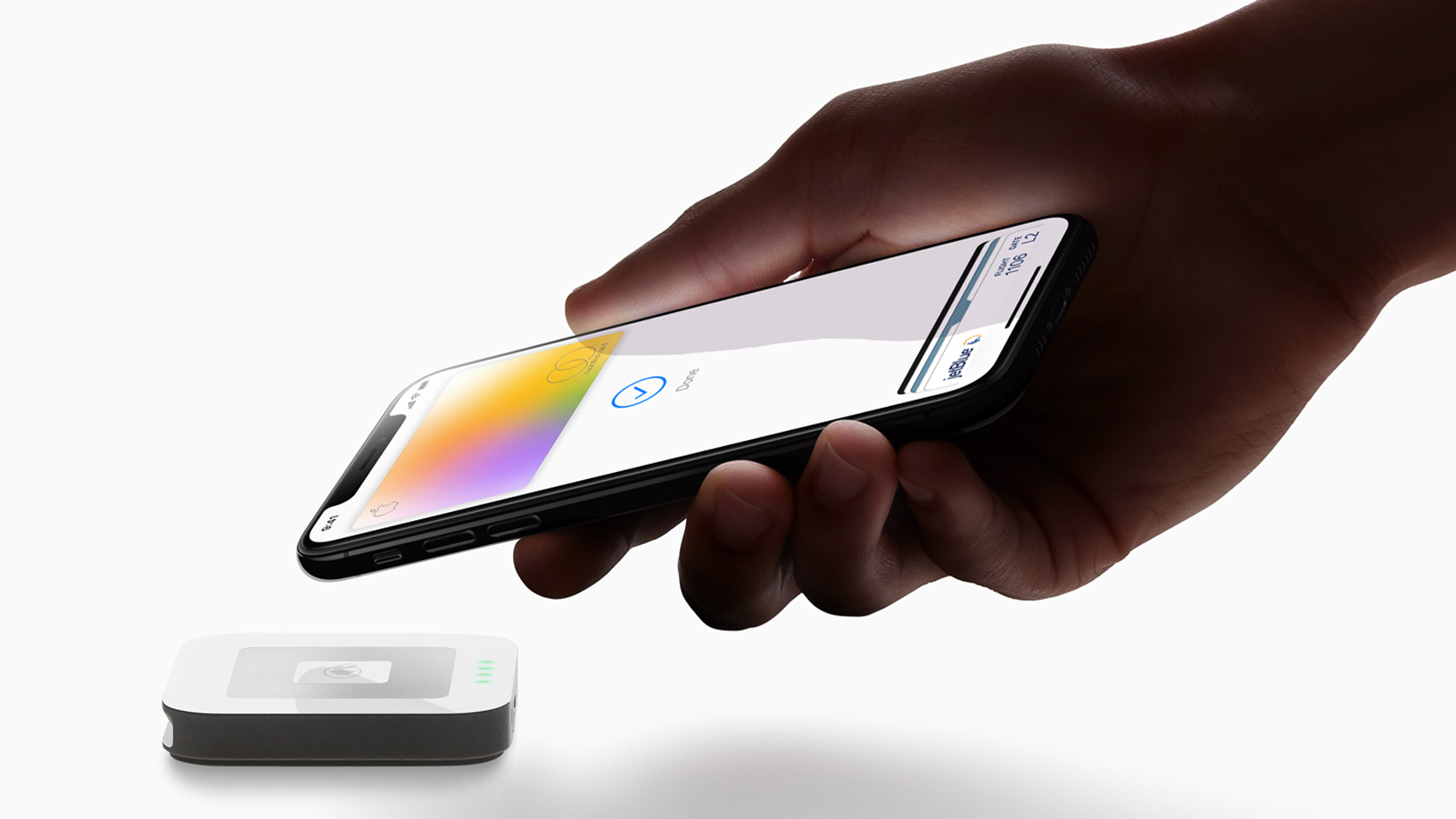iPhone is designed to protect your data and privacy. Built-in security features help prevent anyone but you from accessing your iPhone and iCloud data. Built-in privacy minimizes the amount of data others have about you and lets you control what information is shared and where.
It could be interest you

All security on the iPhone is a rather complex topic, which is why we decided to analyze it in detail in our series. This first part will introduce you in general to what will be discussed in detail in the individual sequels. So if you want to take full advantage of the built-in security and privacy features on your iPhone, you should follow the guidelines below.
Built-in security and privacy features on iPhone
- Set a strong passcode: Setting a passcode to unlock your iPhone is the single most important thing you can do to protect your device.
- Use Face ID or Touch ID: These authentications are a secure and convenient method for unlocking your iPhone, authorizing purchases and payments, and signing in to many third-party apps.
- Turn on Find My iPhone: The Find It feature helps you locate your iPhone if it's lost or stolen, and prevents anyone else from activating and using it.
- Keep your Apple ID safe: An Apple ID gives you access to data in iCloud and to information about your accounts in services such as the App Store or Apple Music.
- Use Sign in with Apple whenever available: To make setting up accounts easier, many apps and websites offer Sign in with Apple. This service limits the amount of shared data about you, allows you to conveniently use your existing Apple ID, and brings the security of two-factor authentication.
- Where Apple Sign-in can't be used, let iPhone create a strong password: So you can use strong passwords without having to remember them, iPhone creates them for you when you sign up on service websites or apps.
- Maintain control over the app data and location information you share: You can review and edit the information you provide to apps, the location data you share, and how Apple selects ads for you in the App Store and the Actions app, as needed.
- Before downloading the app, please read its privacy policy: For each app in the App Store, the product page provides a summary of its privacy policy as reported by the developer, including an overview of the data the app collects (requires iOS 14.3 or later).
- Learn more about the privacy of your surfing in Safari and strengthen your protection against malicious websites: Safari helps prevent trackers from tracking your movement between web pages. On each website you visit, you can view a privacy report with a summary of the trackers that Intelligent Tracking Prevention has found and blocked on that page. You can also review and adjust Safari settings items that hide your web activities from other users of the same device and strengthen your protection against malicious websites.
- Application tracking control: In iOS 14.5 and later, apps that want to track you in apps and websites owned by other companies to target ads or share your data with data brokers must first get permission from you. After you grant or deny an app such permission, you can change the permission at any time later, and you also have the option to prevent all apps from asking you for permission.
 Adam Kos
Adam Kos 




